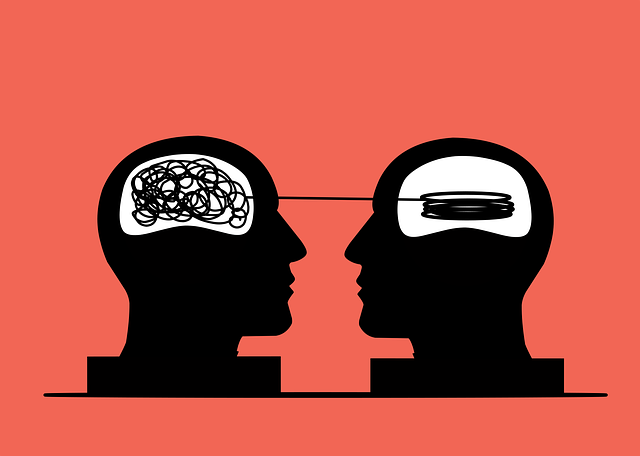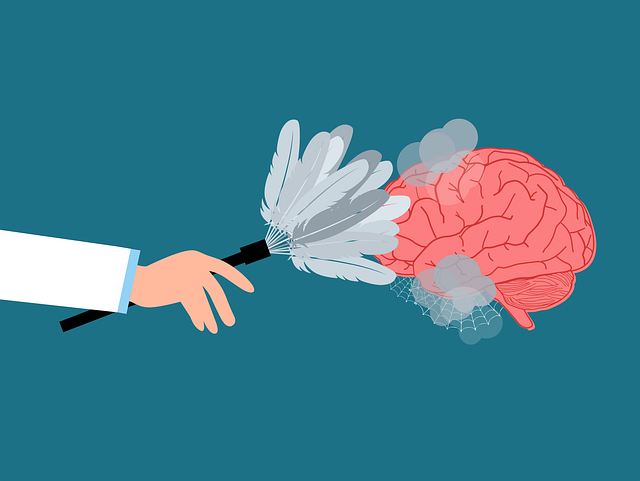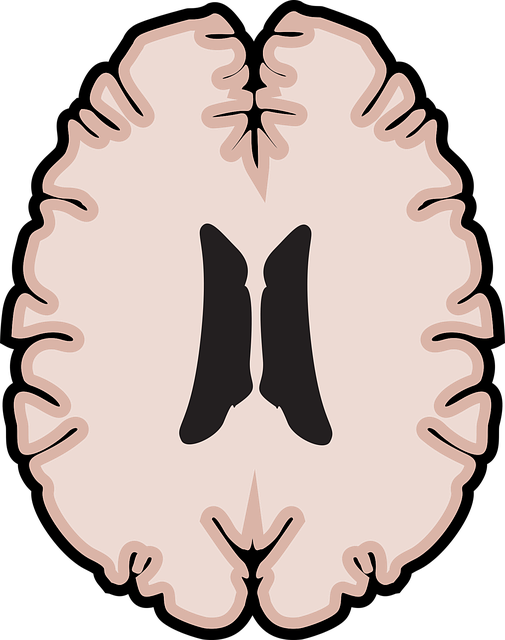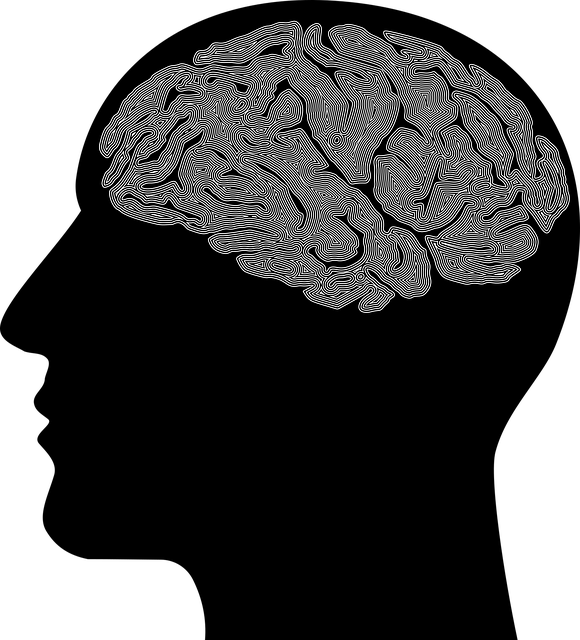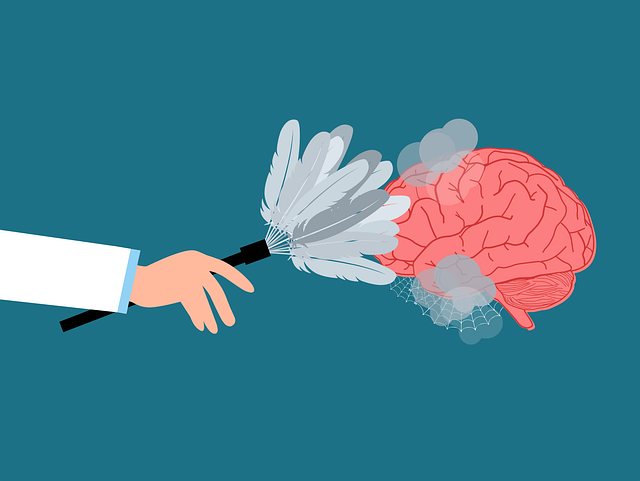Golden Independent Medical Evaluations Therapy (GIMET) is a powerful therapeutic approach focusing on emotion regulation, self-discovery and mental wellness. Using techniques like Mental Wellness Journaling, mindfulness meditation, cognitive reappraisal, and compassion cultivation, GIMET equips individuals with coping mechanisms to manage emotions effectively. This holistic method not only enhances overall well-being but also reduces burnout risk in diverse populations, from healthcare professionals to those facing trauma, as evidenced by the Mental Wellness Podcast Series and Cultural Sensitivity in Mental Healthcare Practice. By integrating GIMEs into practice, therapists can tailor personalized treatment plans based on evidence-based practices and complex data analysis, fostering improved patient outcomes through collaborative, communication-focused care.
Emotion regulation techniques are essential tools for maintaining mental well-being, with Golden Independent Medical Evaluations (GIME) therapy emerging as a powerful approach. This article delves into the foundational principles of GIME, exploring key techniques to teach emotion regulation skills effectively. We discuss practical applications and benefits, highlighting how integrating GIME into therapeutic practice can revolutionize support for individuals navigating emotional challenges. Discover the transformative power of these techniques in fostering resilience and enhancing overall mental health.
- Understanding Emotion Regulation: The Foundation of Golden Independent Medical Evaluations Therapy
- Key Techniques in Teaching Emotion Regulation Skills
- Practical Applications and Benefits for Mental Well-being
- Integrating Golden Independent Medical Evaluations into Therapeutic Practice
Understanding Emotion Regulation: The Foundation of Golden Independent Medical Evaluations Therapy

Emotion regulation is a fundamental skill that underpins many therapeutic practices, including Golden Independent Medical Evaluations Therapy (GIMET). At its core, GIMET aims to empower individuals to understand and manage their emotions effectively, serving as a cornerstone of mental health awareness. By teaching individuals to recognize and process their feelings, this therapy provides valuable tools for burnout prevention.
Through various techniques, such as Mental Wellness Journaling Exercises, GIMET guides people on a journey towards self-discovery and emotional balance. This guidance enables folks to develop coping mechanisms that promote mental wellness, ensuring they can navigate life’s challenges with resilience. By fostering emotional intelligence, GIMET offers a holistic approach to enhancing overall well-being, thereby reducing the risk of burnout and encouraging a more fulfilling life.
Key Techniques in Teaching Emotion Regulation Skills

Teaching emotion regulation skills is a powerful tool for enhancing mental wellness, and several techniques have proven effective in various therapeutic settings. One key approach involves helping individuals identify and understand their emotions through practices such as mindfulness meditation. By cultivating present-moment awareness, individuals can gain insights into emotional triggers and patterns, enabling them to respond rather than react impulsively. This skill is particularly valuable for managing intense emotions, reducing stress, and improving overall emotional well-being.
Additionally, cognitive reappraisal and acceptance strategies are essential techniques in emotion regulation therapy. Cognitive reappraisal encourages individuals to challenge negative thoughts and interpret situations from different perspectives, fostering a more balanced emotional response. Acceptance, on the other hand, involves embracing emotions without judgment, allowing for a more flexible and adaptive mindset. These skills can be taught through structured exercises, role-playing scenarios, and even creative outlets like art therapy, catering to diverse learning styles and preferences. Incorporating these techniques in Golden Independent Medical Evaluations Therapy or Trauma Support Services can significantly contribute to an individual’s journey towards better mental health, as highlighted in the Mental Wellness Podcast Series Production. Cultural sensitivity is also crucial in this context, ensuring that teaching methods are adaptable to diverse backgrounds and perspectives, as discussed in Cultural Sensitivity in Mental Healthcare Practice.
Practical Applications and Benefits for Mental Well-being

Emotion regulation techniques offer practical applications with profound benefits for mental well-being. Through Golden Independent Medical Evaluations Therapy, individuals can learn to navigate and manage their emotions effectively, leading to improved emotional resilience. Compassion Cultivation Practices, a key component in this training, fosters self-awareness and empathy, enabling people to respond to challenging situations with greater compassion both towards themselves and others.
These skills are particularly valuable for healthcare professionals who often face high-stress environments like Stress Management Workshops Organization settings. Implementing Burnout Prevention Strategies for Healthcare Providers becomes easier when medical practitioners incorporate emotion regulation techniques into their daily routines. By prioritizing mental well-being, these strategies not only enhance professional satisfaction but also improve patient care outcomes.
Integrating Golden Independent Medical Evaluations into Therapeutic Practice

Integrating Golden Independent Medical Evaluations (GIMEs) into therapeutic practice offers a powerful tool for mental health professionals. These evaluations provide comprehensive insights into an individual’s emotional and psychological well-being, enabling therapists to tailor their approach more effectively. By incorporating GIME data, therapists can enhance their understanding of clients’ unique challenges and strengths, thereby designing personalized treatment plans that address specific needs. This strategy aligns with the principles of Mental Health Policy Analysis and Advocacy, emphasizing evidence-based practices and individualizing care.
Effective communication strategies are pivotal when using GIMEs. Therapists must articulate complex information sensitively and clearly to clients, fostering trust and engagement. Furthermore, sharing relevant findings with other healthcare professionals involved in a client’s care can lead to more coordinated interventions. This collaborative approach not only improves treatment outcomes but also exemplifies Stress Reduction Methods, as it promotes holistic well-being by addressing various aspects of an individual’s mental health journey.
Golden Independent Medical Evaluations (GIME) therapy provides a robust framework for understanding and teaching emotion regulation techniques. By integrating these skills into therapeutic practice, mental health professionals can empower individuals to navigate their emotions effectively, fostering improved well-being. The key techniques discussed offer practical applications that, when combined with GIME, have the potential to revolutionize emotional resilience, enabling folks to thrive in today’s challenging world.

